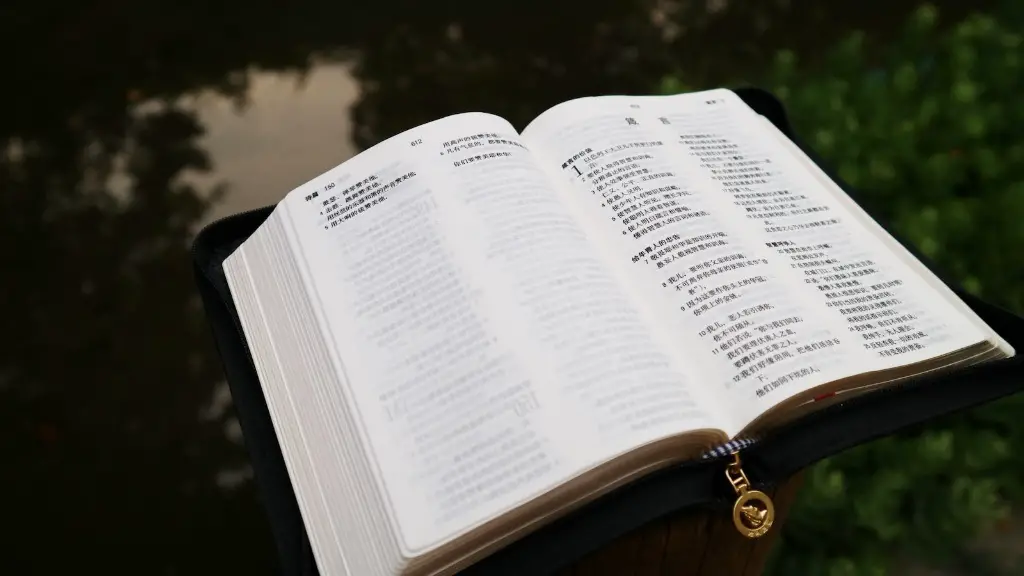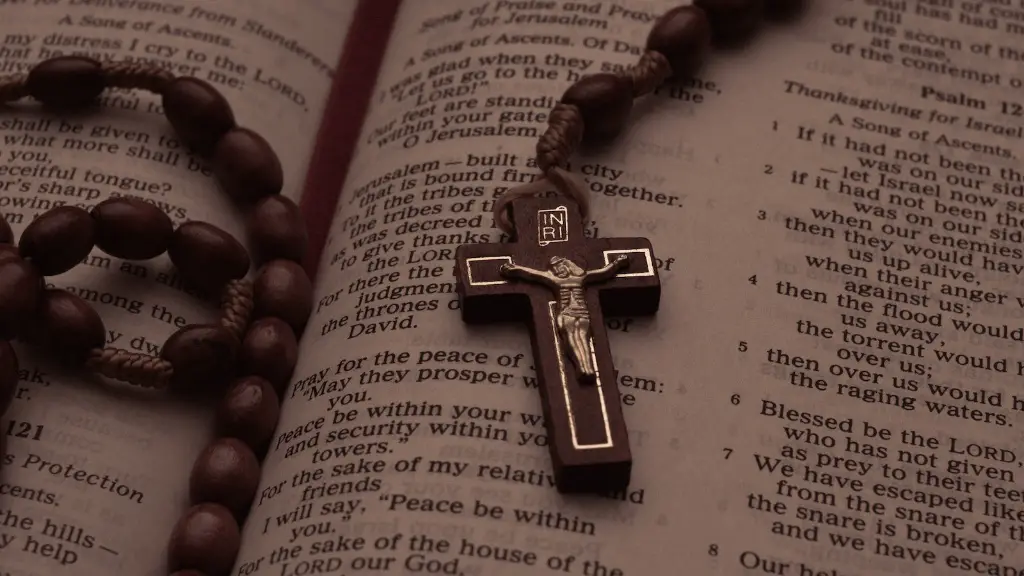The Old Testament
In the Old Testament, there is no single term for discernment, but the concept is demonstrated throughout the text.Discernment is described as the ability to make wise and informed decisions, particularly in difficult circumstances. In numerous passages, discernment is seen as a virtue. It encourages individuals to assess situations and to come to judgements with clarity and understanding. In the book of Proverbs, an expression of wisdom literature, discernment is seen as essential for maintaining order in life and for making choices as a righteous people.
In Proverbs 19:2, it says: “Desire without knowledge is not good— how much more will hasty feet miss the way!” This proverb recognises the importance of thoughtfulness and discretion in decision making. It warns against rash or impulsive behaviour or decisions made without taking the time to reflect and obtain the right knowledge.
In Proverbs 3:21-24, discretion and discernment are praised as a sign of wisdom. “My son, don’t lose sight of common sense and discernment. Hang on to them, for they will refresh your soul. They are the guide to a meaningful life and the roadmap to eternal life. If you hold on to them with all your being, they will make life more pleasant for you.” Here, discernment offers guidance for life and reveals the way to righteousness.
The New Testament
In the New Testament, discernment is essential for making decisions about the matters of faith. A passage from the book of Hebrews in the New Testament (5:1-14) illustrates this concept. It reads: “All those who have been chosen to lead God’s people must possess two qualities: they must be able to discern the truth and they must be fully convinced and unwavering in their conviction.” Here, discernment is depicted as the ability to detect the truth and distinguish it from falsehood.
Discernment is further highlighted in the book of Philippians, where the Apostle Paul advises the Christian community to assess what is best for the community: “Finally brothers, whatever is true, whatever is honourable, whatever is just, whatever is pure, whatever is lovely, whatever is commendable: think of these things.” (Philippians 4:8). This statement shows that discernment requires careful thought, since it involves finding the good in every situation or circumstance by distinguishing right from wrong.
In the New Testament, discernment is described as an ability to make decisions with understanding and perception, rather than randomly guessing or judging blindly. It is a quality that leads to action; faith without action is dead and Christians must take action in response to the discernment.
Discernment in Practice
Discernment is a quality that not only has several references in the Bible, but also needs to be applied in contemporary life. Whilst it is essential to be grounded in one’s faith and beliefs, discernment helps assess complex topics, such as social justice. Discrimination, for instance, can range from religious, racial and cultural biases, to gender disparities. It is therefore important to be able to recognise and differentiate between these injustices, in order to confront them and strive for a more equitable society.
Discernment also includes being self-aware, not for the purpose of judging or criticising, but to be able to recognise when individuals or groups of people are treated unfairly. Being mindful of; race, sexual orientation, gender identity, ethnicity and class can help identify potential issues and offer suitable solutions to them. For example, if someone were to feel objectified or spoken to condescendingly, they should be able to recognise the situation and take the necessary actions.
Discernment and Moral Responsibility
Discernment is closely linked to the concept of moral responsibility. It is the faith-driven ability to make moral choices, such as those between right and wrong, good and evil. Moreover, it is the decision to act in accordance with one’s faith convictions. This can be seen in the choices made about upholding certain values and ethics, but also in the way one governs their behaviour, speaking kindly, showing empathy, and being a role model.
Discernment as a Life Skill
In essence, discernment is an invaluable life skill, as it can help people in every aspect of their life. Its importance also lies in how it can improve one’s wellbeing. The significance of aware thoughtfulness cannot be ignored; this is even taught in the Bible. In Proverbs 4:7, it reads: “Wisdom is supreme: acquire wisdom; and with all your acquiring, get understanding.” By putting this into practice, people can not only make better choices, but can also strive to make positive changes in their lives.
Discernment and Understanding Self and Others
Discernment may also promote self-understanding and understanding of others. Upon reflection, it could help one identify and appreciate why certain choices are made and how certain opinions are formed. In this way, it helps one break down erroneous social boundaries and perceive people on a cases-by-case basis. Additionally, discernment can guide one to take appropriate actions in order to establish meaningful relationships with others and promote mutual understanding.
Discernment and Spiritual Development
Discernment forms an integral part of spiritual development. In the Bible, it is seen as an essential aspect of faith; Proverbs 8:12 reads: “I, Wisdom, partner with good judgment. I possess a breadth of knowledge. Fearful reverence and respect for the Lord are mine.” A reverence for the Lord is for all aspects of life; people should never act without considering their faith. Seeking guidance from the Lord, even in everyday activities, is a sign of a deeper devotion and understanding.
The Power of Discernment and Prayer
Finally, the power of discernment is also seen in using prayer as a tool for discernment. Prayer can be used for seeking understanding and for gaining greater insight. Additionally, praying for the power of discernment can help individuals resolve conflicts and make sound decisions. This can be conveyed in the book of Isaiah (1:18): “Come now, let us talk whose together; though your sins are like scarlet, they shall be as white as snow.” Here, prayer is used to seek input from God and to assume a moral posture, aware of one’s actions and their impact. Prayer acknowledges God’s power and asks him to provide discernment.



